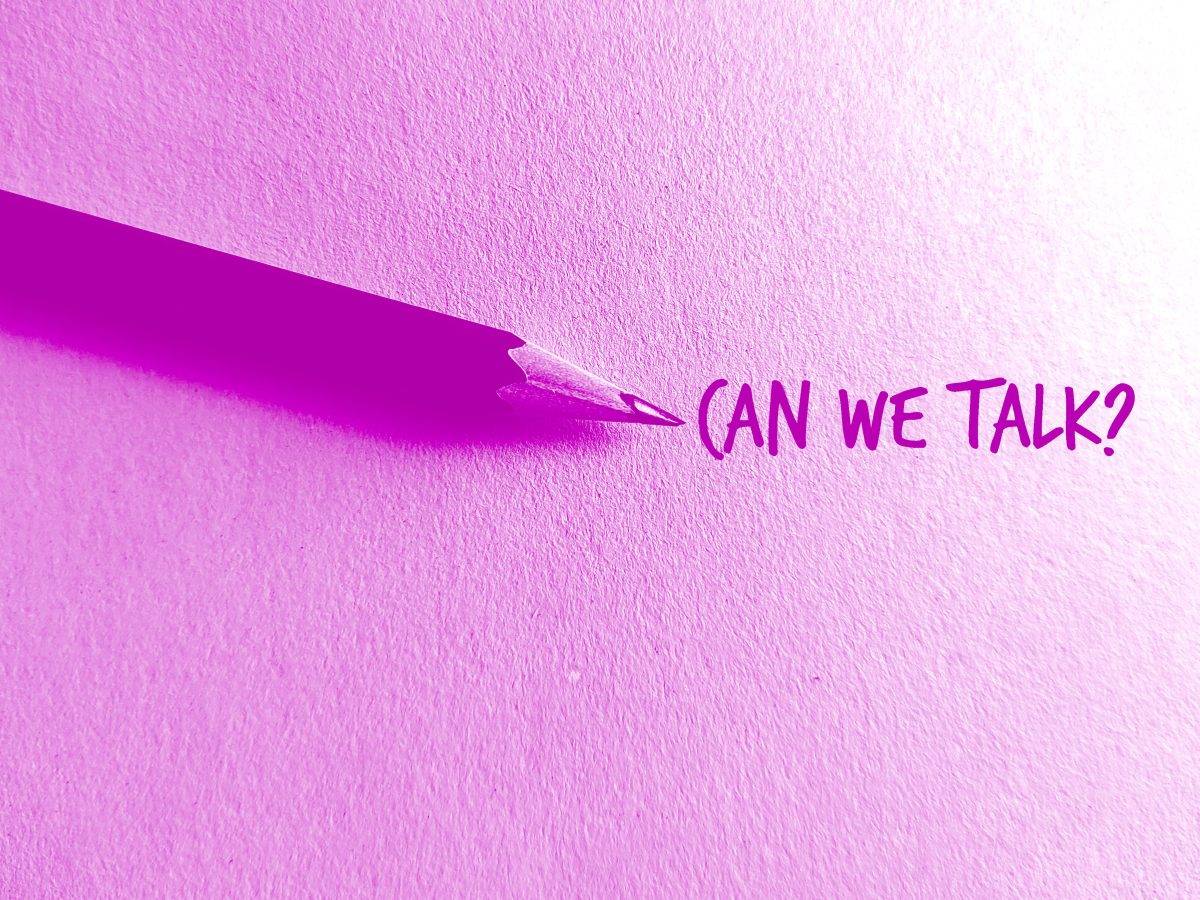The Conversation Series | Part Four: Right Conversation, Right Time
“Silence is also conversation”
Ramana Maharshi
26/09/2024
The Art of Having the Right Conversations at the Right Time
Timing is everything—this age-old adage has never been truer than when applied to conversations. Whether in leadership, business, or personal relationships, the timing of a conversation can significantly influence its outcome. Knowing when to speak up, when to listen, and when to wait is a critical skill that separates effective communicators from the rest. Remember, conversation is communication that leads to connection—the innate desire for which makes us uniquely human.
Recognising the Moment
Brilliant, effective leaders are often those who can recognise the right moment to initiate a conversation. This requires keen observation, emotional intelligence, and a deep understanding of the context. It’s about reading the room, understanding the dynamics at play, and knowing when people are most receptive to dialogue.
In the real world: Consider the case of Indra Nooyi, former CEO of PepsiCo. Known for her strategic acumen, Nooyi basically epitomised choosing the right time to introduce difficult conversations, particularly around change management. When PepsiCo was navigating shifts in consumer preferences towards healthier options, Nooyi recognised the need for a transformative conversation within the company. She chose her moment carefully—waiting until she had built trust with her team and gathered enough data to back up her vision. By timing the conversation well, she was able to lead the company through significant changes with minimal resistance, aligning her team around a shared vision.
The Power of the Pause
Sometimes, the most powerful thing you can do in a conversation is to pause. Pausing allows time for reflection, both for yourself and for the other party. It can defuse tension, give space for emotions to settle, and provide clarity before moving forward.
In the real world: This is particularly important in high-stakes negotiations or emotionally charged discussions. For instance, in the world of diplomacy, a well-timed pause can be the difference between conflict and compromise. Leaders like Aung San Suu Kyi in Myanmar, during her efforts to bring democracy to the country, often used pauses in conversations as a strategic tool. Faced with complex political challenges and deep-rooted opposition, she understood the importance of timing in her dialogues with military leaders. By pausing at critical moments, she allowed for reflection and de-escalation, paving the way for more productive discussions.
Choosing the Right Environment
The timing of a conversation isn’t just about the clock—it’s also about the environment. The setting in which a conversation takes place can significantly affect its outcome. Whether it’s a quiet, private space for a sensitive discussion or a more relaxed, informal setting for brainstorming, the environment plays a crucial role in how the conversation unfolds.
In the real world: For example, consider how Mahatma Gandhi chose to conduct many of his most important conversations outdoors, in simple, humble settings. Gandhi understood that the environment could set the tone for the conversation, making it more approachable and less intimidating. This was particularly effective in his dialogues with both British officials and fellow Indian leaders, where the setting helped to break down barriers and enable open, honest communication.
The Courage to Wait
Timing also involves the courage to wait for the right moment. Sometimes, it’s about holding back until the conditions are right, even if it means delaying a conversation. This patience can be challenging, especially when dealing with urgent issues, but it can often lead to a more favourable outcome.
In the real world: One historical example is Nelson Mandela and his decision to wait before initiating negotiations with the South African government. Even after his release from prison, Mandela understood that rushing into talks without the right conditions could jeopardise the entire process. He waited until he had the necessary support from both the ANC and the broader population, ensuring that when the conversation finally happened, it had the weight and backing it needed to succeed.
The Importance of Follow-Up
Finally, the right conversation at the right time doesn’t end when the talking stops. Follow-up is crucial to ensuring that the conversation has the desired impact. This might involve checking in with the other party, providing additional information, or simply keeping the dialogue open.
Leaders who excel in communication understand that timing extends beyond the initial conversation. They are diligent about following up at the appropriate time, reinforcing the message, and ensuring that the conversation continues to progress towards its intended outcome.
Mastering the Timing of Conversation
Mastering the timing of conversation is an art that requires a blend of intuition, experience, and a deep understanding of human dynamics. Whether you’re leading a team, negotiating, or managing personal relationships, the ability to have the right conversation at the right time can be the key to success. It’s not just about what you say, but when and how you say it that combine to bring the magic and make the difference.
As you consider the timing of your own conversations, ask yourself: Is this the right moment? Is the environment conducive to discussion, particularly this one? Am I ready to listen, pause, or wait if needed? Giving yourself time on either end of an important conversation is a small but crucial factor. By being prepared and relaxed at the beginning and allowing yourself time for immediate reflection at the end, you give the conversation the best chance of success. By honing your sense of timing, you can ensure that your conversations are not only effective but also transformative.
For a deep dive on conversations, their power and how to go about creating one in your team or organisation, we’ve created the Masterclass Exploding the Monologue which takes an in-depth look at this. Learn more about the Lead Happy Masterclasses.
We share interesting content about being human, and being a leader. Get it straight to your inbox. Unsubscribe any time.
We will never share your data with any third party for marketing purposes. Subscribing confirms you agree to our privacy policy, but you can unsubscribe at any time.

